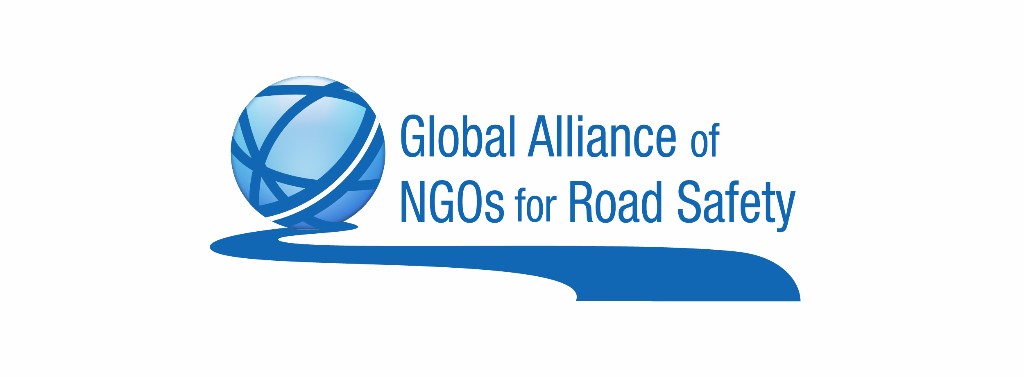
The current pandemic affects us all. Around the world, NGOs are
reevaluating their roles and adapting to new challenges. These are
difficult times for many of us. Safe roads remain as relevant and
necessary as ever, but we respect that COVID-19 is the primary focus
right now.
There are also lessons to be drawn from the current crisis, based in
reduced pollution, more pedestrians and cyclists, reduced road deaths,
and a strong focus on preventative public health measures. To achieve
lasting change, we must see safe roads in the context of the full
sustainable-development agenda and combine efforts to achieve common
goals. Our Alliance Live Sessions explore some of these issues and
ideas. Find out more and sign up for the next session,
What COVID-19 is Teaching Us About Sustainable Mobility: Lessons for the Future,
BELOW.
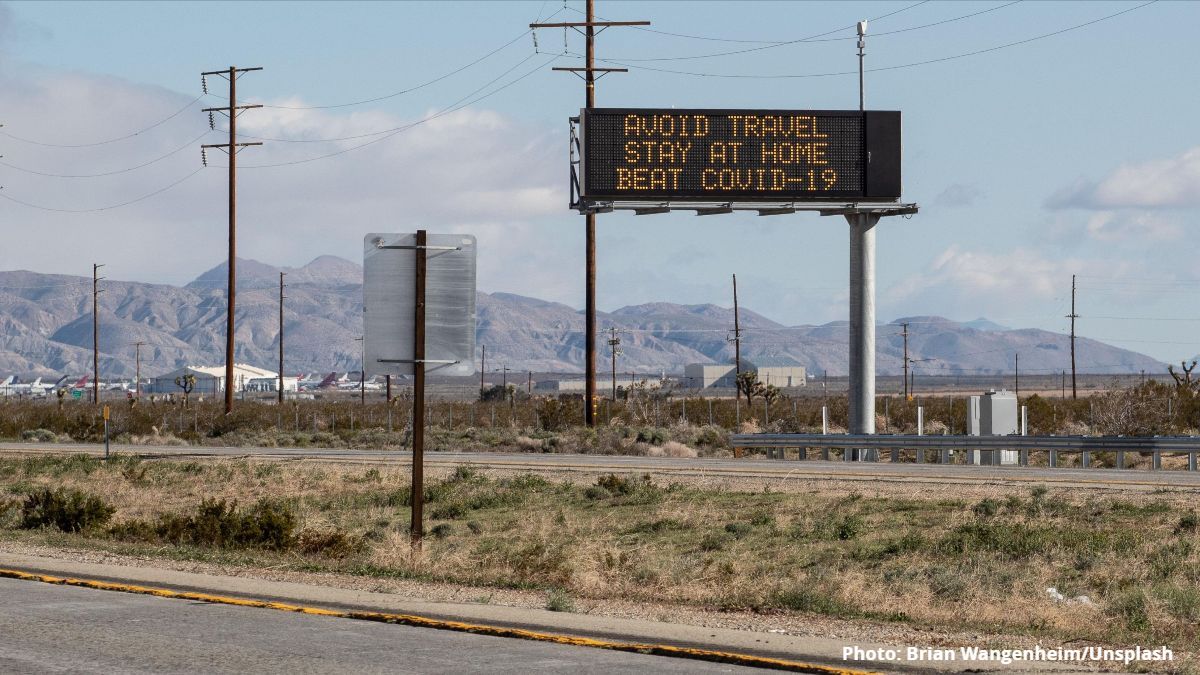
|
ALLIANCE NGOs AND COVID-19
Earlier this month, the Alliance organized a series of online sessions
with members to discuss how NGOs are adapting their road safety work
during the COVID-19 pandemic and to agree on a common approach. These
calls are leading to a number of initiatives with the aim of supporting
and mobilizing the NGO community.
The first action was to publish an Alliance statement, expressing our
support of WHO and national governments’ COVID-19 responses; recognizing
that, although road safety remains critical, now is not the time for
competing agendas; and calling on activists and experts from other
fields to work with us for safer, more sustainable communities. Read the
statement HERE. The Alliance is also signatory to a statement issued by UNRSC members in support of the work of WHO. Read it HERE.
Find resources from Alliance member NGOs and transportation and other
sectors, including WHO Europe’s new guide to moving around during the
COVID-19 pandemic, on the Alliance website HERE. Read about our other initiatives HERE.
|
|
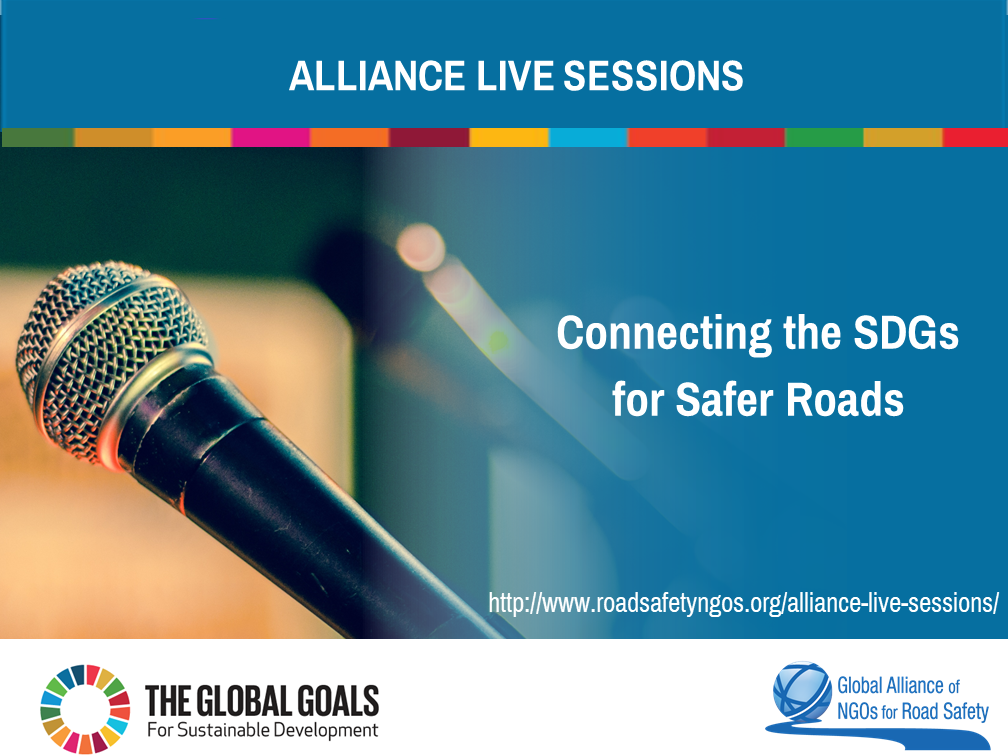
|
ALLIANCE LIVE SESSIONS
Fewer road fatalities, cleaner air, more pedestrians and cyclists,
increased focus on public health systems: the current pandemic presents
huge challenges but may also be an opportunity to achieve lasting change
for safer streets. To do so, we need to see beyond road safety and
connect our cause to other SDGs: climate change, urban planning,
cycling, poverty, and public health campaigners share many of our
demands but for different benefits.
The Alliance Live Sessions bring in experts from different fields to
look at trends, issues, and solutions and how we can work together for
common goals.
The next session, What COVID-19 is Teaching Us About Sustainable Mobility: Lessons for the Future, will be held on Monday 27 April 2020 at 3pm CEST/9am EDT. Find out more and sign up HERE.
Read more about the first Alliance Live Session held earlier this week BELOW.
|
|
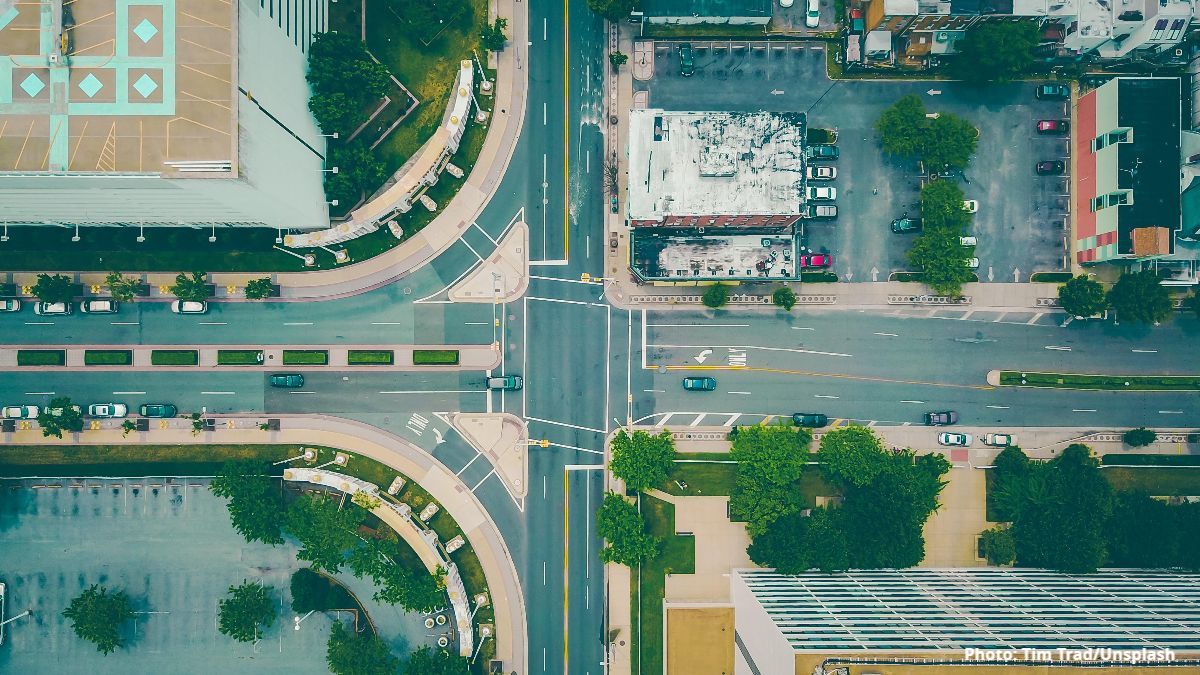
|
COVID-19, SAFER ROADS, AND URBAN PLANNING
Earlier this week, Alliance member Parachute facilitated the first
Alliance Live Session featuring Jennifer Keesmaat, former Toronto Chief
City Planner, and Oliver Moore, Urban Affairs Reporter for Canadian
national newspaper, the Globe and Mail.
The panelists discussed the choice that communities will face after the
pandemic: to return to the old normal or to choose to implement the
pandemic’s lessons to maintain the benefits of reduced traffic and
increased pedestrians and cyclist numbers. They highlighted the danger
of a backlash toward population density and public transport and why
these factors are essential for safe and sustainable cities.
Read more and find the recording HERE.
|
|
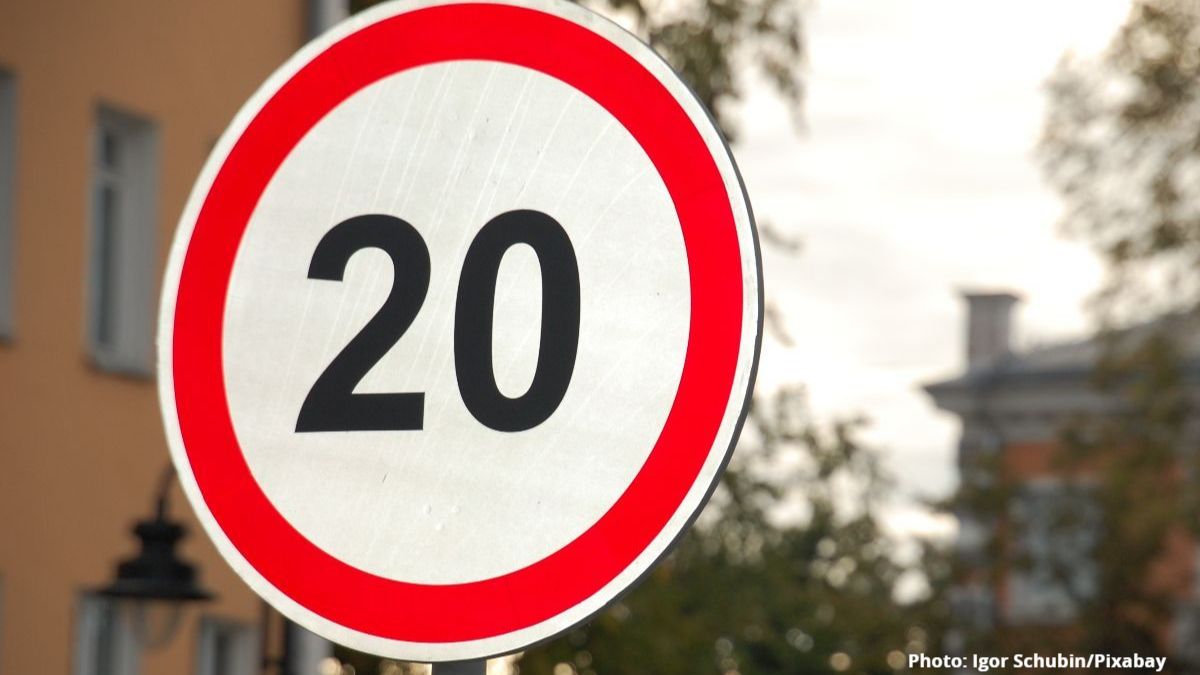
|
SPEED KILLS, EVEN IN A LOCKDOWN
While road deaths in many countries are reported to have dropped due to
reduced road traffic, NGOs, communities, and police are reporting an
increase in excessive speeding as a result of quieter roads in
locked-down areas or the rush to beat curfews in others. This is a
worrying trend when emergency services, including the police, are
stretched and more people are travelling by foot and bicycle.
Read about the London Metropolitan Police Force’s approach to tackling
excessive speed during the lock down and how it engage the community,
NGOs, and other partners in our interview with Detective Superintendent
Andy Cox HERE.
Read insights from the International Federation of Pedestrians (IFP),
Families for Safer Streets, and 20’s Plenty for Us on how cities around
the world are promoting safer roads for pedestrians and cyclists HERE.
Mario Alves, Secretary General of IFP, will be the host for the next
Alliance Live Session on mobility on Monday 27 April. Find out more HERE.
|
|

|
TAKING ROAD SAFETY TO GAMERS IN LOCKDOWN
Large sporting events are another casualty of the COVID-19 pandemic.
Some, including motorsports are adapting by moving races online.
Alliance member Asociación Civil Madres del Dolor has seized the
opportunity to bring vital road safety messages to a new audience by
partnering with TC2000, one of the most popular motor sport series in
Argentina. During online races viewed on YouTube 35,000 people, Madres
del Dolor’s messages can be seen: “On the street, don’t race. Your
family is waiting for you.” Read more HERE.
|
|
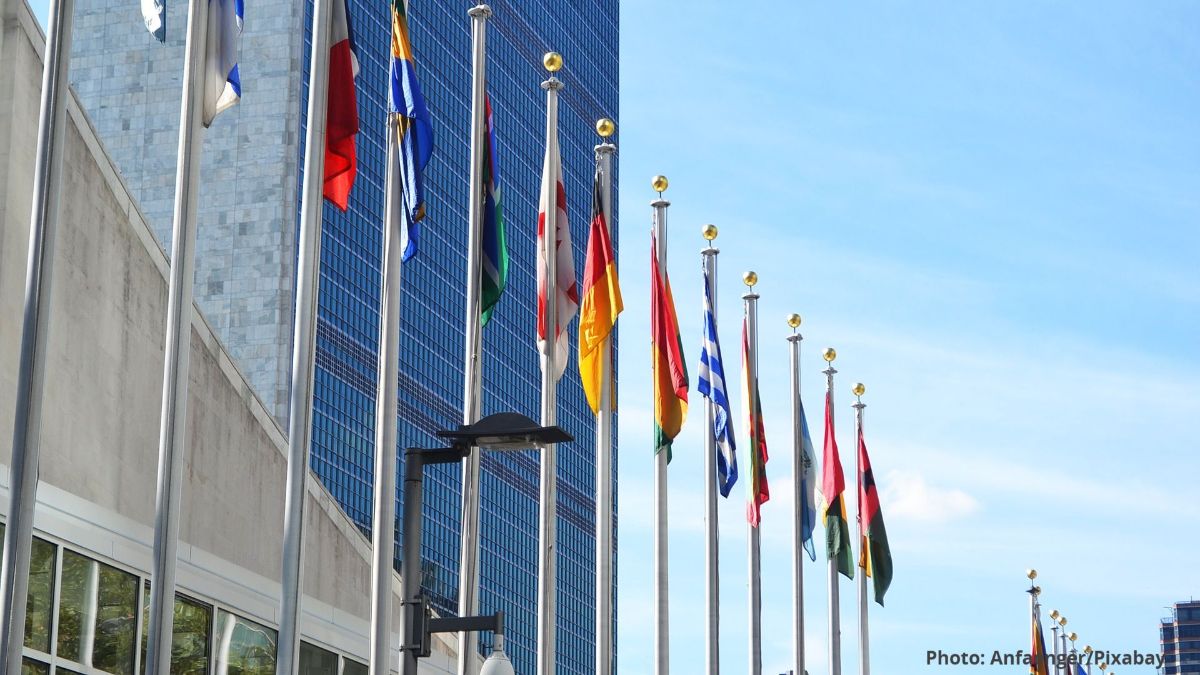
|
FIRST VIRTUAL UNRSC MEETING
The UN Road Safety Collaboration (UNRSC) was due to hold its April
meeting in New York, back-to-back with a UN General Assembly meeting
where Member States were expected to ratify the 2030 extension to SDG
target 3.6 to reduce road deaths and serious injuries by 50%.
Sadly, lockdowns around the world mean that the UN General Assembly
session has been postponed to an undecided date, and the UNRSC was held
virtually for the first time. Nonetheless, the success of the Third
Global Ministerial Meeting was noted, and there was strong support for a
relaunching of the Stockholm Declaration when the pandemic response
eases.
UNRSC members also agreed upon a statement in support of WHO, following
the announcement that the US would cut its funding. Read the statement HERE. |
|








Δεν υπάρχουν σχόλια:
Δημοσίευση σχολίου